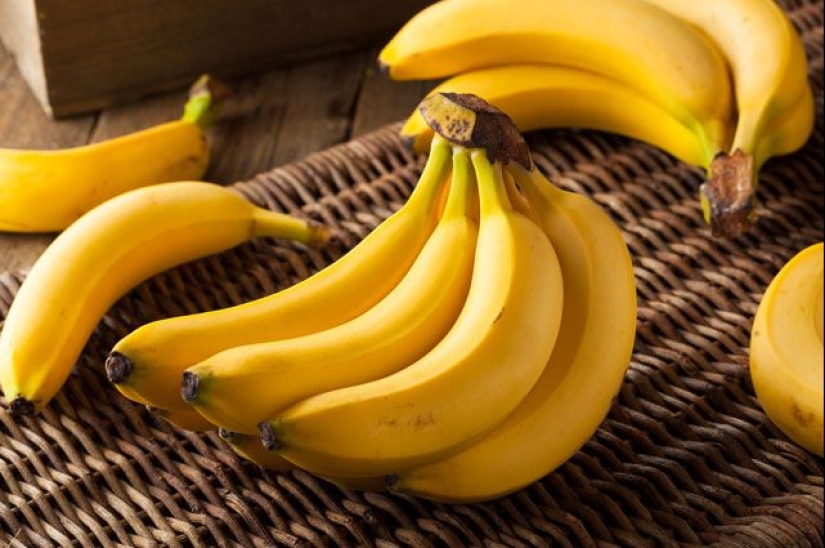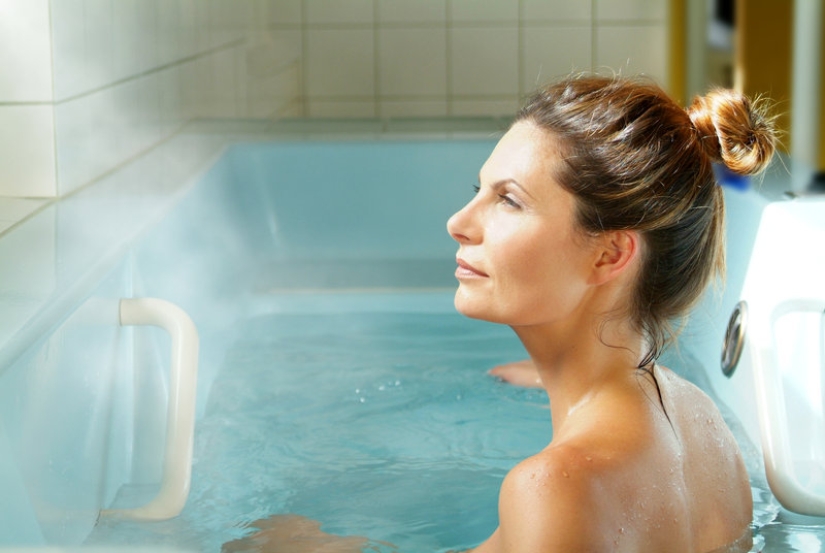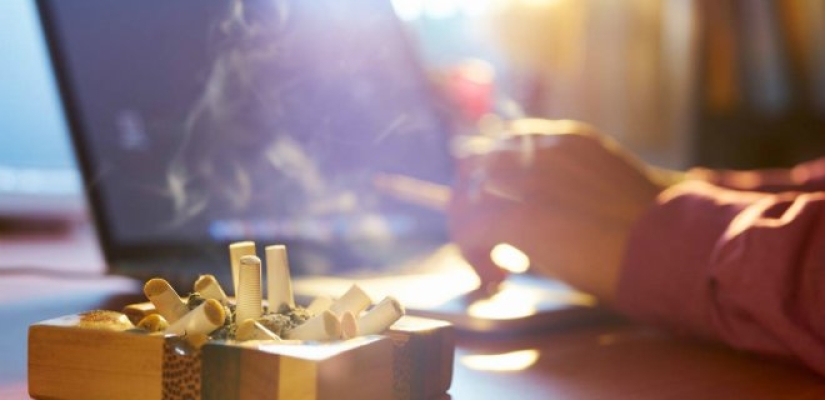Living with radiation, or Why we are exposed to radiation every day
Categories: Health and Medicine | World
By Pictolic https://pictolic.com/article/living-with-radiation-or-why-we-are-exposed-to-radiation-every-day.htmlRadioactive substances are all around us - they are in the air, water, food, building materials, and even in the ground we walk on and the things we use on a daily basis. Moreover, the human body also has a small radioactive background! But how dangerous is the radioactive radiation that surrounds us in everyday life?

The word "radiation" is certainly associated with the mushroom of a nuclear explosion, the Chernobyl disaster and mutants created by the imagination of Hollywood directors. Therefore, we are terrified of radiation and try to avoid it in every possible way. Despite this, we are imperceptibly irradiated every second, whether we want it or not.
An authoritative scientific source — the US Nuclear Regulatory Commission reports that half of the radiation received annually by the human body is background radiation. At the same time, you do not have to be a regular X-ray room or collect mushrooms near a nuclear power plant. Where does radiation come from?
To start making amazing discoveries, you don't even need to leave your home. Bananas that are in our refrigerators are one of the sources of radiation. More precisely, not the fruits themselves, but the isotope of potassium-40, which is contained in bananas along with vitamins, fiber and many trace elements. In the world, there is even a special household unit of radiation measurement BED-Banana Equivalent Dose.

But even if you are not a fan of bananas, this does not save you from radiation, since the sources of radiation are in potatoes, zucchini, sunflower seeds, pumpkin and almost all types of nuts and legumes. They contain negligible doses of radium, potassium-40, iodine-131, polonium-210.
Where do these elements come from in plant-based products? It's simple — they get into the stems, leaves, fruits, berries and seeds from the earth's crust. The level of soil contamination with radionuclides is uneven, so the products grown in different places have a different background. But there is an average value of the content of each element in the soil, and this figure can frighten an inexperienced person in the intricacies of nuclear physics.
On average, a plot of soil suitable for agriculture, 40 meters long, 10 meters wide, and 1 meter deep, contains 1 kg of the radioactive isotope potassium-40, 2 kg of uranium, and 6 kg of thorium. Is it dangerous? This has always been the case, as long as a person lives on Earth, and this should calm you down.
The radiation background is not only in the soil and food. The radioactive gas radon, which is found in water and natural gas, accumulates in our kitchens and bathrooms. It has no taste or smell, and enters our body through the respiratory tract.

It can be dangerous only if the room is not equipped with ventilation, at least natural. Therefore, it is important to remember that vent channels in our apartments are needed not only to get rid of the smell of potatoes burned in a frying pan.
Just in case, remember that the most saturated place with radon is the bathroom. There the gas concentration is 3 times higher than in the kitchen and almost 40 times higher than in the living rooms! Remember this when you want to soak up an extra half hour in a warm bubble bath.
In addition to water and natural gas, the sources of radiation in our apartments and houses are brick, concrete, wood and ceramic tiles. But granite is especially important, which contains radioactive uranium, which this mineral receives from magma in the process of formation.

We are also exposed to household appliances that we deal with every day. Of course, you immediately thought of a microwave oven, but just this device is the least dangerous, from the point of view of radiation. The biggest source of radiation in our apartment is a TV that can "give out" up to 10 mSv (microsivert) in a year.
You can try to escape from the sources of radiation on a desert island, among the virgin forests, but to get there, you will have to make an air flight. The higher we rise above the earth's surface, the higher the level of cosmic radiation. This is because the atmosphere at the top protects us less from radiation. A flight over a distance of 2400 km will "give" us the same 10 mSv that we can get by sitting in front of a blue screen for a whole year.

Even if you are lucky and you already live in a place where there is no concrete, ceramics, granite and televisions, you are exposed to the sun — one of the main sources of natural radiation. And we ourselves contain a certain amount of carbon-14, a radioactive isotope that helps archaeologists determine the exact age of the remains.
If you feel uncomfortable in this radioactive world, then you will try to reduce the dose of radiation received at least a little. How do I do this? You can give up bananas, throw away the TV and get rid of the tiles in the bathroom, but this will not play a special role. But if you quit smoking, you will significantly improve the radiation situation in your body.

The additives that scare smokers are undoubtedly very dangerous, but the main source of radiation is not them, but the tobacco itself. Tobacco absorbs radioactive radium, lead-210 and polonium-210 from the soil in the same way as nuts or potatoes, but these isotopes affect the body much more effectively when we inhale them with tobacco smoke.
Keywords: Bananas | Household appliances | Houses | Measurement | Metal | Radiation | Background
Post News ArticleRecent articles

It's high time to admit that this whole hipster idea has gone too far. The concept has become so popular that even restaurants have ...

There is a perception that people only use 10% of their brain potential. But the heroes of our review, apparently, found a way to ...
Related articles

Explosions of smartphone batteries and short circuits in sockets no longer become a sensation, but few people know that the danger ...

It is now the so-called Khrushchevki khayut and threaten to level with the ground. And 50 years ago, these squat houses saved the ...

Not all the house where they filmed the cult movies and TV shows, become "house-museums". Many of them are then sold as the ...

New Year's is a time to surprise and delight loved ones not only with gifts but also with a unique presentation of the holiday ...